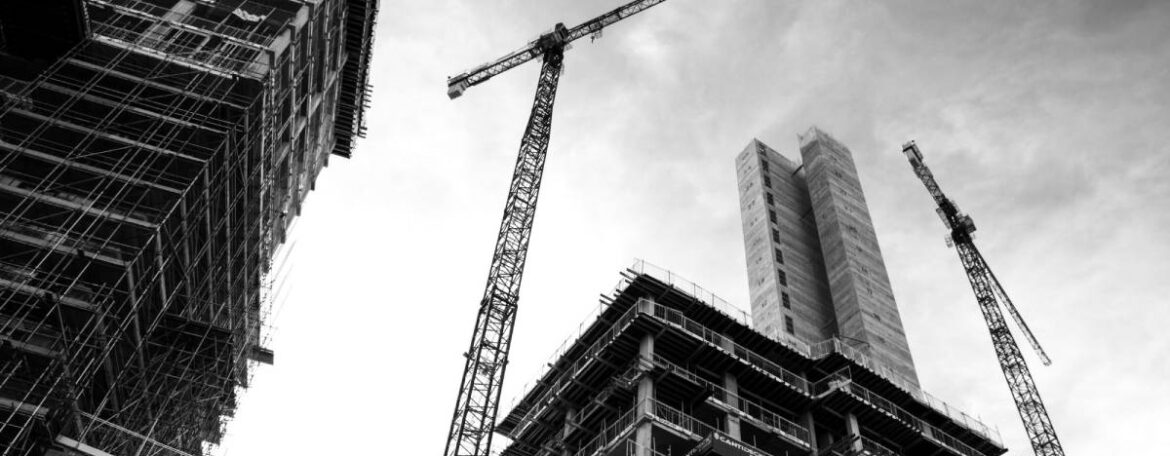15,000 construction labourers in the Greater Toronto Area began striking on May 1st, 2022, putting a stop to both ground related and high-rise residential builds. These labourers include high-rise forming, house framers, hardwood installers and carpet installers, and are members of Laborers’ International Union of North America (LiUNA), Local 183. On May 2nd, more than 1,500 workers members of the International Union of Operating Engineers, Local 793 walked off the job as well. The Carpenters Union members are the latest to hit the bricks. The collective agreements for all trades in the construction sector ended on April 30th, and the unions have rejected contract proposals by the Residential Construction Council of Ontario (RESCON). This has led to the largest strike in this sector in a very long time.
The Rising Cost of Living
Residential construction is one of the most in-demand industries right now, with a current housing shortage, as well as the rising cost of living. Construction workers have been working hard to meet the demand throughout the pandemic, as they are essential workers and the work they do must be done on site.
The main contract dispute is related to compensation and wages, as the current offer is not reflecting inflation and cost of living. The compensation should reflect current inflation, as well as consider future demands in the industry and inflation that is likely to occur within the duration of the contract. This includes a rise in cost of fuel, accommodation, food, and parking rates.
What Happens Next?
The Ontario Labour Relations Act allows a strike in this sector to last for 45 days at which point they would be mandated to return to work and all remaining issues would go to binding arbitration. These provisions have an adverse impact on the workers by only allowing them to exercise their lawful right to strike until June 15th. This impacts the workers by taking away the power of the market demands. It seems like every time the workers hold the power, they are ordered back to work and legislated to proceed to binding arbitration after a set amount of time. However, even a short disruption in this sector is very significant because delays in residential builds will affect home buyers, and this is a very large and fast-growing sector. The hope is that RESCON will offer fair compensation that considers all the hard work and dedication the workers have put into their jobs especially in the past couple years, and an agreement will be reached.
On behalf of Watson Labour Lawyers, we send out best wishes with high hopes for a positive outcome for the trades!




